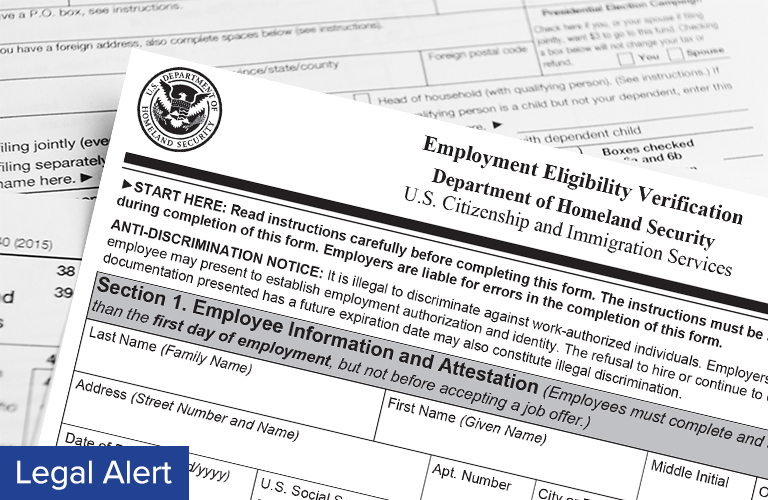
On January 31, 2020, US. Citizenship and Immigration Services (USCIS) issued a new version of the Form I-9, Employment Eligibility Verification. Employers may continue using the prior version of the form (Rev. 07/17/2017 N) until April 30, 2020. After that date, employers can only use the new form with the 10/21/2019 version date. The version date is located in the lower left corner of the form. Changes are minimal and include: Instructions: Clarified who can act as an authorized representative on behalf of an employer Updated USCIS website addresses Provided clarifications on acceptable documents for Form I-9 Updated the process… Read more
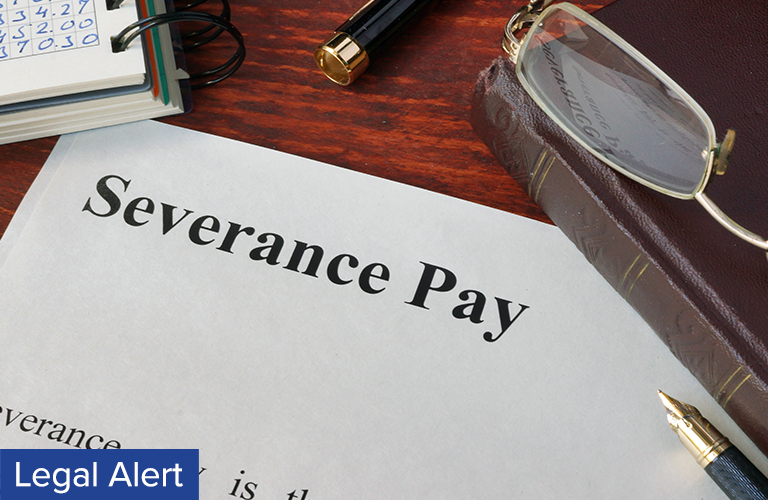
On January 21, 2020, New Jersey Governor Phil Murphy signed a bill making New Jersey the first state in the nation to require employers to provide severance to employees who lose their job in a mass reduction in force. Senate Bill No. 3170 was first introduced in November 2018 and passed by the state legislature on January 13, 2020. The new law significantly expands employers’ notice and severance pay obligations in the event of a covered mass layoff or plant closing. Currently, the New Jersey Millville Dallas Airmotive Plant Loss Job Notification Act (“NJ WARN Act”), which is modeled after… Read more
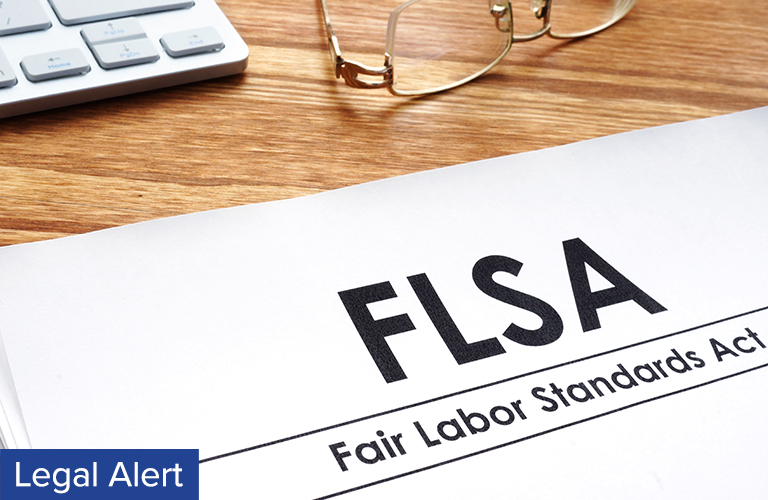
On January 12, 2020, the Department of Labor issued a final rule updating its interpretation of “joint employer” status under the Fair Labor Standards Act (FLSA). The FLSA requires covered employers to pay their non-exempt employees at least the federal minimum wage and overtime. Under the FLSA, an employee may have, in addition to his or her employer, one or more joint employers, i.e., additional individuals or entities who are jointly and severally liable with the employer for the employee’s required minimum wage and overtime pay. The final rule provides guidance for determining when individuals or entities are considered joint… Read more
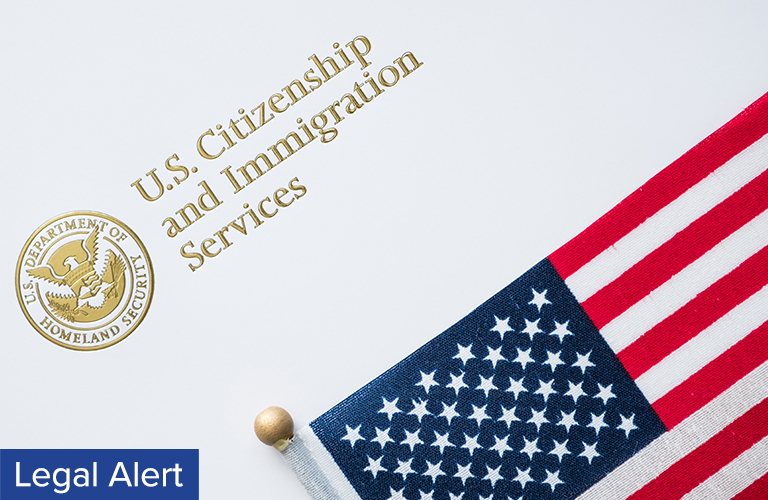
U.S. Citizenship and Immigration Services (“USCIS”) formally announced the implementation of the H-1B registration process for Fiscal Year 2021 H-1B cap-subject petitions today. The initial registration period will be open from March 1 through March 20, 2020, for the FY 2021 H-1B numerical allocations. During this initial registration period, prospective petitioners or their authorized representatives, must electronically submit a separate registration naming each foreign worker for whom they seek to file an H-1B cap subject petition and pay the associated $10 H-1B registration fee for each submission. If a sufficient number of registrations are received, USCIS will randomly select the… Read more
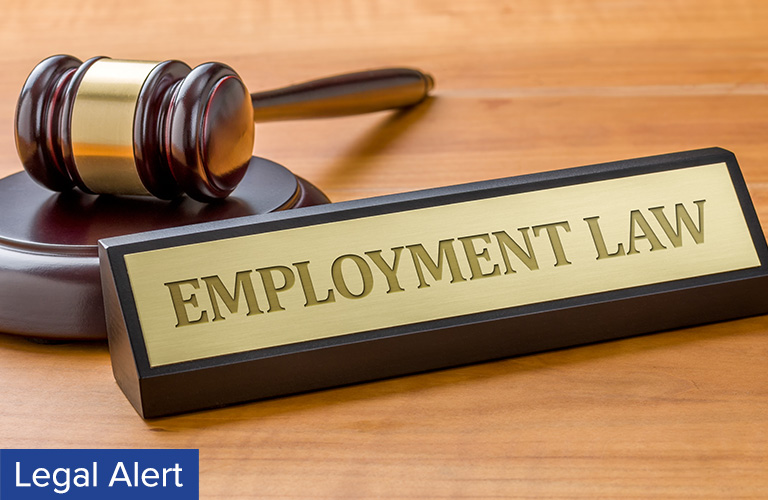
On December 13, 2019, the NLRB announced modified representation case procedures that reverse some of the onerous requirements that went into effect in April 2015. This new rule will take effect 120 days from the announcement. Three of the significant changes in the rule include: ▪ Notice of Petition for Election: Employers will now have five business days, instead of two business days, to post and distribute the Notice of Petition for Election. ▪ Pre-Election Hearing: The pre-election hearing will now be scheduled 14 business days from the service of the notice of hearing, instead of the current up to… Read more

On Thursday, December 19, 2019, Congress passed a last-minute appropriations bill (“Appropriations Bill”) that, among other tax code changes, repeals two controversial Affordable Care Act (“ACA”) taxes and enacts the Setting Every Community Up for Retirement Enhancement Act (“SECURE Act”), which contains several retirement plan changes. President Trump is expected to sign the bill into law later today, December 20, to avoid a partial government shutdown. The Cadillac Tax – a 40% excise tax on high-cost health insurance – has been unpopular since the Affordable Care Act was passed in 2010, with both Republicans and Democrats united in opposition. Originally… Read more
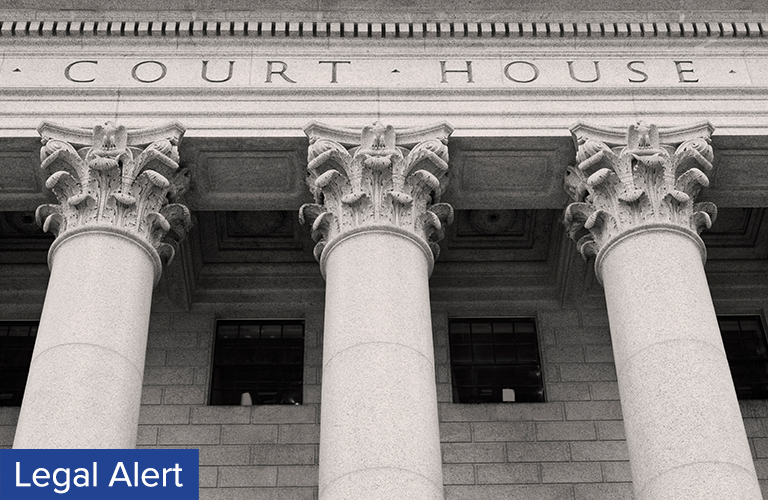
Yesterday, the Fifth Circuit Court of Appeals struck down the Affordable Care Act’s (“ACA”) requirement that individuals either purchase health insurance or pay a tax (the “individual mandate”). The court held that the individual mandate is unconstitutional and remanded the case to the district court to reconsider whether the remainder of the ACA remains valid. Democrats defending the constitutionality of the ACA have indicated they intend to ask the U.S. Supreme Court to review the Fifth Circuit’s decision. However, it is uncertain whether the Supreme Court will do so, or wait for further rulings from the district court and Fifth… Read more
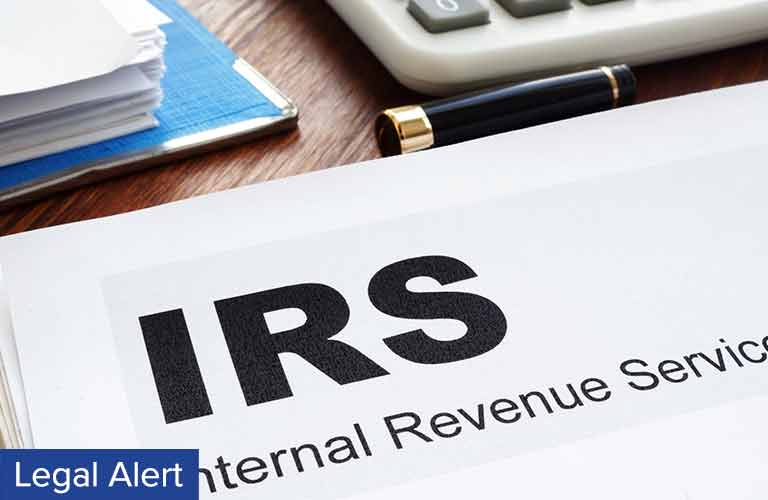
Keeping with its annual tradition, the Internal Revenue Service (IRS) has once again extended the deadline for employers to provide their 2019 Forms 1095-C to employees from January 31, 2020, to March 2, 2020. The IRS also announced: The “good-faith effort” standard that has applied to previous years’ reporting will continue to apply to an employer’s 2019 reporting. This means an employer will not be subject to penalties for providing incorrect or incomplete Forms 1094-C and 1095-C, as long as the employer makes a “good-faith effort” to comply with its reporting obligations. The relief specifically applies to missing and inaccurate… Read more

On December 12, 2019, the U.S. Department of Labor (“DOL”) announced a final rule clarifying and modifying the types of compensation included in an employee’s regular rate of pay for overtime purposes. This rule represents the first major change to the regulations governing regular rate of pay requirements under the Fair Labor Standards Act (“FLSA”) in over 50 years. The rule provides additional clarification for employers, and as U.S. Labor Secretary Eugene Scalia noted, “encourages employers to invest in the American workforce, to the benefit of their employees.” The rule provides that employers may exclude the following perks and benefits… Read more
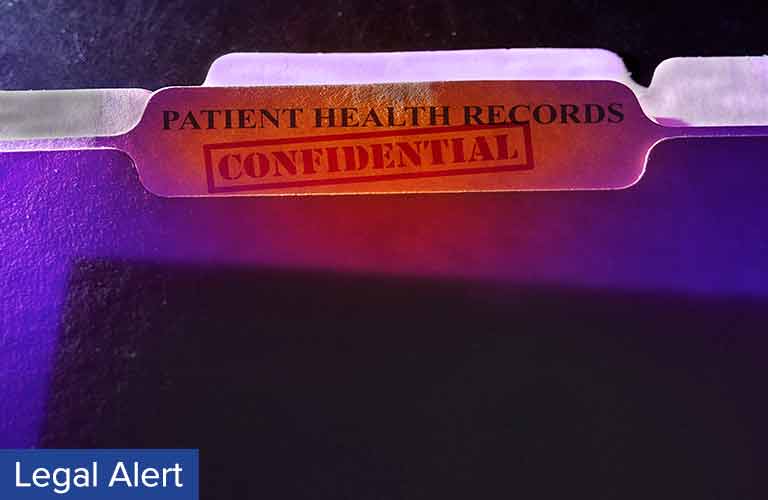
The Confidentiality of Substance Use Disorder Patient Records regulations (commonly referred to as “Part 2”), a federal privacy law aimed at protecting patient records related to substance abuse treatment, will require employers to amend several of their group health plan service agreements no later than February 2, 2020. Background. Part 2 provides special privacy protections, over and above those provided by the Health Insurance Portability and Accountability Act of 1996 (“HIPAA”), to patient records related to substance abuse treatment that are created by federally funded treatment programs (e.g., programs that accept Medicare or Medicaid) (“Part 2 Programs”). Under these rules,… Read more











